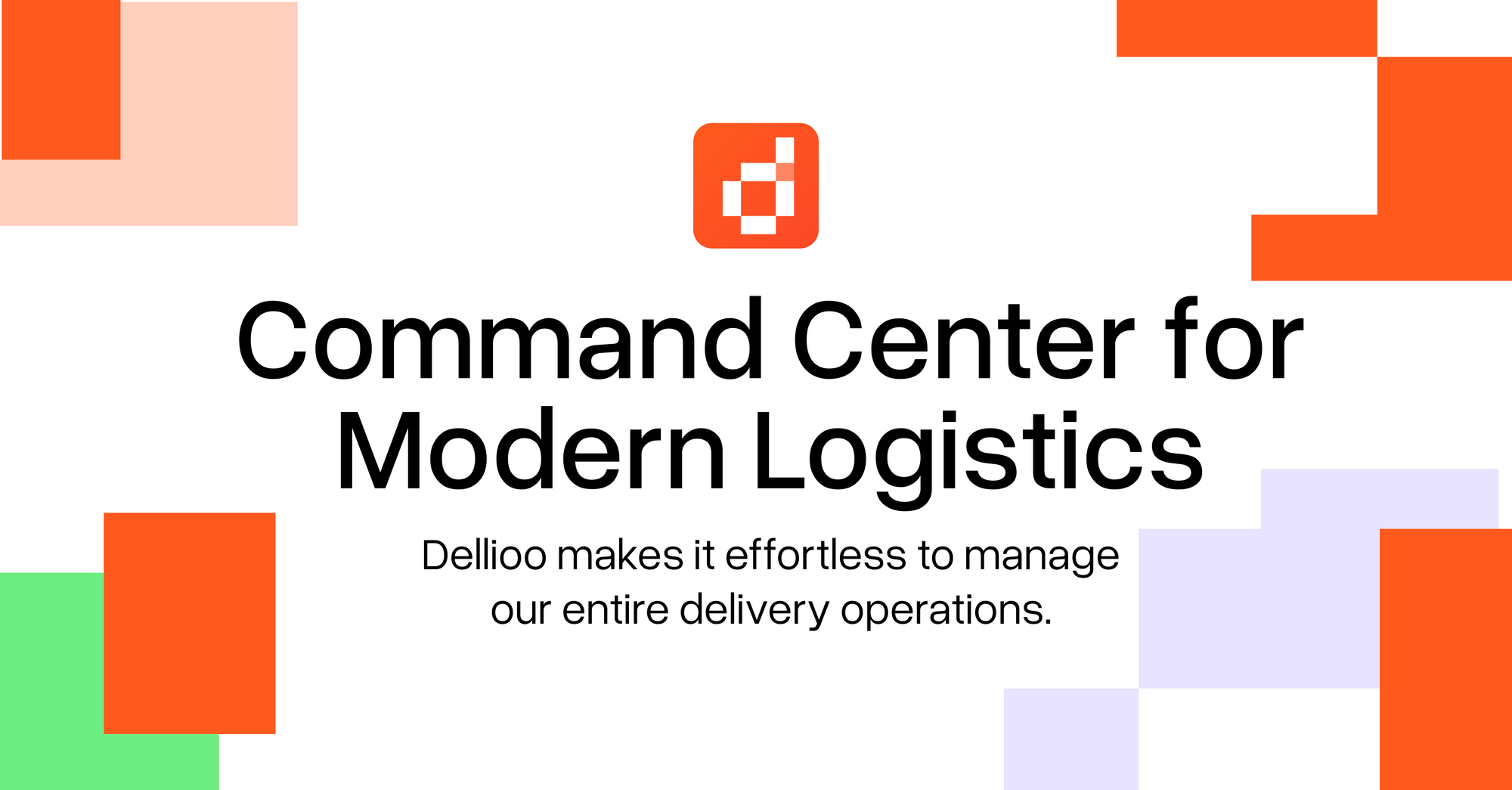What is Last-Mile Delivery in Nigeria? A Founder's Complete Guide
See our complete guide to last-mile delivery in Nigeria. Learn the unique challenges, key strategies, and technology needed to master the final step of your supply chain.

Your product can travel 5,000 kilometers from a factory in China to a warehouse in Lagos with near-perfect efficiency. But the final 5 kilometers to your customer's doorstep in Lekki? That's where the real battle is won or lost.
This final, chaotic, and incredibly important step is known as last-mile delivery.
It's the most expensive and complex part of the entire supply chain. Industry reports consistently show that the last mile can account for over 50% of a product's total shipping cost. For businesses in Nigeria, this stage is compounded by a unique set of local challenges that can turn a simple delivery into a logistical nightmare.
This guide will break down everything a Nigerian business owner needs to know about conquering last-mile delivery in Nigeria.
What is Last-Mile Delivery?
At its core, last-mile delivery is the final leg of the journey, moving a package from a local distribution center or hub to its ultimate destination, which is the customer's home or office.
If your supply chain is like a relay race, the first leg will be the international shipping and local freight, while the last mile is the final runner, who can make or break the race. It doesn't matter how fast the first runners were if this last one fails.
This final stage includes several distinct steps:
- Order Arrival: The package arrives at your local hub or store.
- Route Planning: Orders for the day are sorted and assigned routes.
- Dispatch: The package is loaded onto a vehicle and assigned to a driver.
- The Journey: The driver navigates the route.
- Proof of Delivery: The package is successfully handed over.
It's within these steps that Nigerian businesses face a unique set of hurdles.
The Unique Challenges of Last-Mile Delivery in Nigeria
While businesses globally struggle with the last mile, operators in Nigeria are playing the game on a higher difficulty setting.
- The Addressing Problem: A significant portion of locations in Nigeria lack standardized, easy-to-find addresses. Navigating large estates or areas with inconsistent numbering can waste a lot of time.
- The Traffic Problem: The unpredictable, often paralyzing, gridlock in cities like Lagos, Port Harcourt, and Abuja can destroy the most carefully planned schedule, leading to blown ETAs and skyrocketing fuel costs.
- The Payment Problem: The prevalence of Payment on Delivery (POD) adds a layer of complexity and risk, including transaction failures and the security challenge of drivers carrying cash.
- The Infrastructure Problem: Poor road conditions in many areas can lead to slower delivery times, vehicle damage, and increased maintenance costs. These are the day-to-day realities of managing a fleet in a city like Lagos.
What You Need For A Winning Last-Mile Strategy
You can't change the traffic, but you can absolutely change your strategy for dealing with it. A modern, resilient approach to last-mile delivery in Nigeria is built on four technological pillars.
1. Route Optimization is Non-Negotiable
Relying on a driver's intuition or a basic map app is a recipe for inefficiency. The only way to consistently create the fastest, most fuel-efficient routes for multiple stops is with technology.
Dynamic route optimization software is the key. It automatically calculates the best sequence of stops and adjusts in real-time to navigate around traffic.
As we've detailed, this is why professional route management is non-negotiable for cutting costs and increasing the number of deliveries a single driver can complete in a day.
2. Real-Time Visibility is the New Standard
Once a driver leaves your hub, you cannot afford to be blind. You need a live, "mission control" view of your entire operation.
GPS tracking provides this visibility. Internally, it allows you to see who is on track, who is delayed, and who is available for a new pickup.
Externally, it allows you to provide customers with a live tracking link, which is the ultimate tool for mastering your delivery communication and reducing customer anxiety.
3. Proactive Communication is Your Best Defence
Don't wait for a customer to call you about a delay. Tell them first.
An automated system that sends proactive notifications ("Your order is out for delivery," "Your rider is facing a delay due to heavy traffic") turns a potential negative experience into a moment of professional, trust-building service.
4. Data-Driven Performance Management is Crucial
You can't improve what you don't measure. You need to know your numbers to identify bottlenecks and optimize your process.
Your system must provide you with the essential logistics KPIs that matter. Tracking metrics such as "average time per delivery," "on-time rate," and "successful vs. failed deliveries" enables you to identify areas of concern and make informed, data-driven decisions to address them.
The Last Mile is Your First Priority

In the modern economy, your customer's experience doesn't end when they click "buy." It ends when the package is safely in their hands. The final mile of that journey is where you win or lose their loyalty.
While the challenges of last-mile delivery in Nigeria are significant, they are not insurmountable. By adopting the right strategies and leveraging modern technology, Nigerian businesses can overcome local challenges and deliver a world-class experience that fosters trust and drives growth.
Ready to conquer the last mile?
Dellioo is the all-in-one platform built to solve the unique challenges of last-mile delivery in Nigeria. See how our route optimization, live tracking, and automated communication tools can transform your operationadopting the right strategies and leveraging modern technology, Nigerian businesses can overcome local challenges and deliver a world-class experience that fosters trust and drives.
